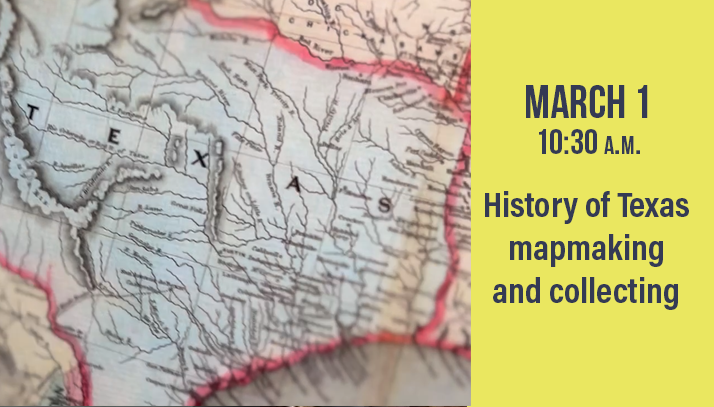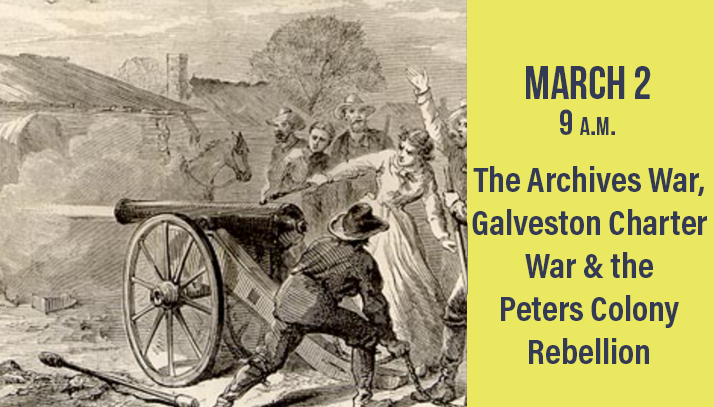Time For The TSHA Annual Meeting
As most of you know by now, sweeping change has come to the Texas State Historical Association. The Only Oppression & Power Scholars (the OOPSies) have jumped ship, rather than keep their voices in the ongoing conversation. They figured the world would stop turning without them.
It didn’t. Turns out non-activist scholars still exist in Texas!
So, TSHA’s annual meeting is shaping up to be one of the best in at least a decade. I hope to see y’all there. There’s a button at the bottom of this article that will take you to registration for the event.
I’ve reviewed the list of presentations. From Erasmo Seguin’s wife to Texas music, there are far more history presentations than I can cover here so I picked a handful of highlights. A full list of the sessions is here. Once you’re registered, you can attend as many or as few as suits your fancy. Here’s my Top Four.
As I’ve said a bunch of times already, we can’t gripe about bad history if we’re not doing our best to support good (non-activist) history. If you’re a member of TSHA, it’s also important that you’re there to vote on new board members. Voting happens at the Business Meeting on March 1 at 1:45 p.m. Membership gives each of us a voice in the future leadership of the organization.
Why should you care?
About a million reasons. Here’s one of the best: the Chief Historian who called the Alamo a “symbol of what it meant to be white” resigned. The new board of the organization will have a hand in selecting his replacement. We need to make sure the leadership is interested in ALL Texas history, not just oppression and power.
So come out to College Station to learn some history.
Come to College Station to enjoy the fellowship.
Come to College Station to celebrate Texas.
Come to College Station to make a stand and cast a vote for Texas history.
Click this button, enter your email address and get registered! See ya there!




